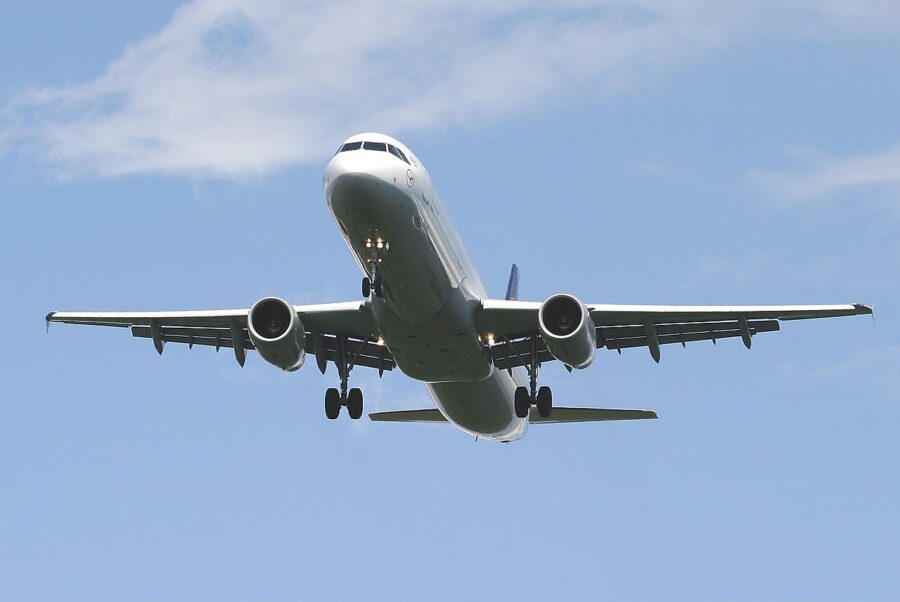AF-KLM and Lufthansa Urge EU to Block Russia-Transit Flights for Rivals

Air France-KLM and Lufthansa Group are urging the European Union to revise aviation regulations to address what they say is a growing competitive imbalance in long-haul travel to Asia. The airline groups argue that European carriers are forced to operate longer, less efficient routes due to the EU’s ban on flying through Russian airspace, while many non-European airlines—particularly Chinese carriers—continue to fly shorter, more direct routes over Russia.
This routing difference has major financial and operational consequences. Flights that divert around Russia can take one to four hours longer, requiring significantly more fuel and higher crew costs. The result, the CEOs say, is that European airlines lose time, money, and market share—while passengers are increasingly choosing faster itineraries offered by competitors.
Both groups expressed support for a proposed United States policy that would restrict access to U.S. airspace for airlines that continue to operate flights through Russian airspace. The U.S. Department of Transportation has suggested applying the rule to several Chinese carriers, though those airlines have requested the proposal be withdrawn.
In a joint interview with Les Échos and Frankfurter Allgemeine Zeitung, Air France-KLM CEO Benjamin Smith and Lufthansa Group CEO Carsten Spohr stressed that the situation has become a strategic disadvantage for Europe’s aviation sector. Smith explained that travelers are far less willing to book flights that are up to two hours longer than competitors’ offerings. Spohr added that while European carriers are committed to complying with EU geopolitical decisions, they should not be economically penalized as a result.
Both CEOs are now calling for coordinated EU-level action, warning that without policy adjustments, European airlines will continue to lose ground in one of the world’s most important long-haul markets.
Financial and Operational Consequences of Routes
Fuel and time savings for flights from Western Europe to Asia vary by city pair and aircraft type, but the difference is significant. Flying the shorter great-circle routes that cross Russian airspace typically saves 1–4 hours each waycompared to the longer detours most Western carriers now use. This reduction in flight time translates to approximately 10–25 metric tons of jet fuel saved per flight, equal to about $10,000–$20,000 in fuel costs, sometimes even more depending on winds and payload.
While jet fuel prices fluctuate, current 2025 averages of $86–$90 per barrel (roughly $2.40–$2.70 per gallon) support the estimated savings range. Airlines that are still permitted to use Russian airspace—such as several Chinese and Middle Eastern carriers—therefore maintain a notable operational and pricing advantage, often enabling them to undercut European competitors by 5–35% on key Europe–Asia routes. Here are two examples:
- London–Tokyo on a Boeing 787-9
Detour time penalty often ~+2 hours each way. A 787-9 burns ~5.8 t/hr, so the extra fuel is ~11.6 t. Using the latest U.S. spot jet fuel price (~$2.60/gal; ~330 gal/ton), that’s ~$9,950 in extra fuel—and ~37 t CO₂ (≈3.16 t CO₂ per ton of fuel). - Helsinki–Tokyo on an Airbus A350-900
Finnair’s reroutes have at times added ~4 hours. With an A350-900 burn near 5.6 t/hr, that’s ~22.4 t extra fuel, costing ~$19,200 and adding ~71 t CO₂.
Since 2022, Russia has banned EU airlines from its airspace in response to EU sanctions over the war in Ukraine. While the EU cannot unilaterally reopen Russian airspace, it could impose reciprocal restrictions on airlines entering the bloc via Russian routes.
Smith and Spohr also criticized uneven sustainability regulations, tax burdens, and what they describe as market distortions caused by state-backed carriers such as Qatar Airways. They urged the EU to adopt a new aviation framework that ensures reciprocity, fair competition, and supports consolidation to strengthen Europe’s global competitiveness.
Related News: https://airguide.info/category/air-travel-business/airline-finance/
Sources: AirGuide Business airguide.info, bing.com, ch-aviation.com, Business Insider, IATA.org, Airlines For America
